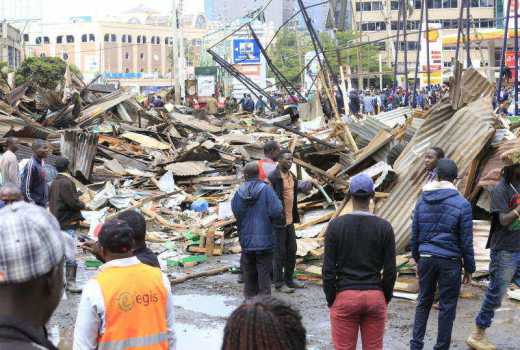×
The Standard e-Paper
Kenya’s Boldest Voice

Westlands, or Kirungii as it was formerly known, was the place to be in Nairobi until it was overtaken by Upper Hill. But in our minds, it remains a place for the affluent, with new office blocks, fine hotels, restaurants and entertainment joints patronised by the who’s who.
If you tell someone you live in Westlands, they quickly elevate you to a higher socio-economic class; it doesn’t matter if you’ve rented or own your residence.